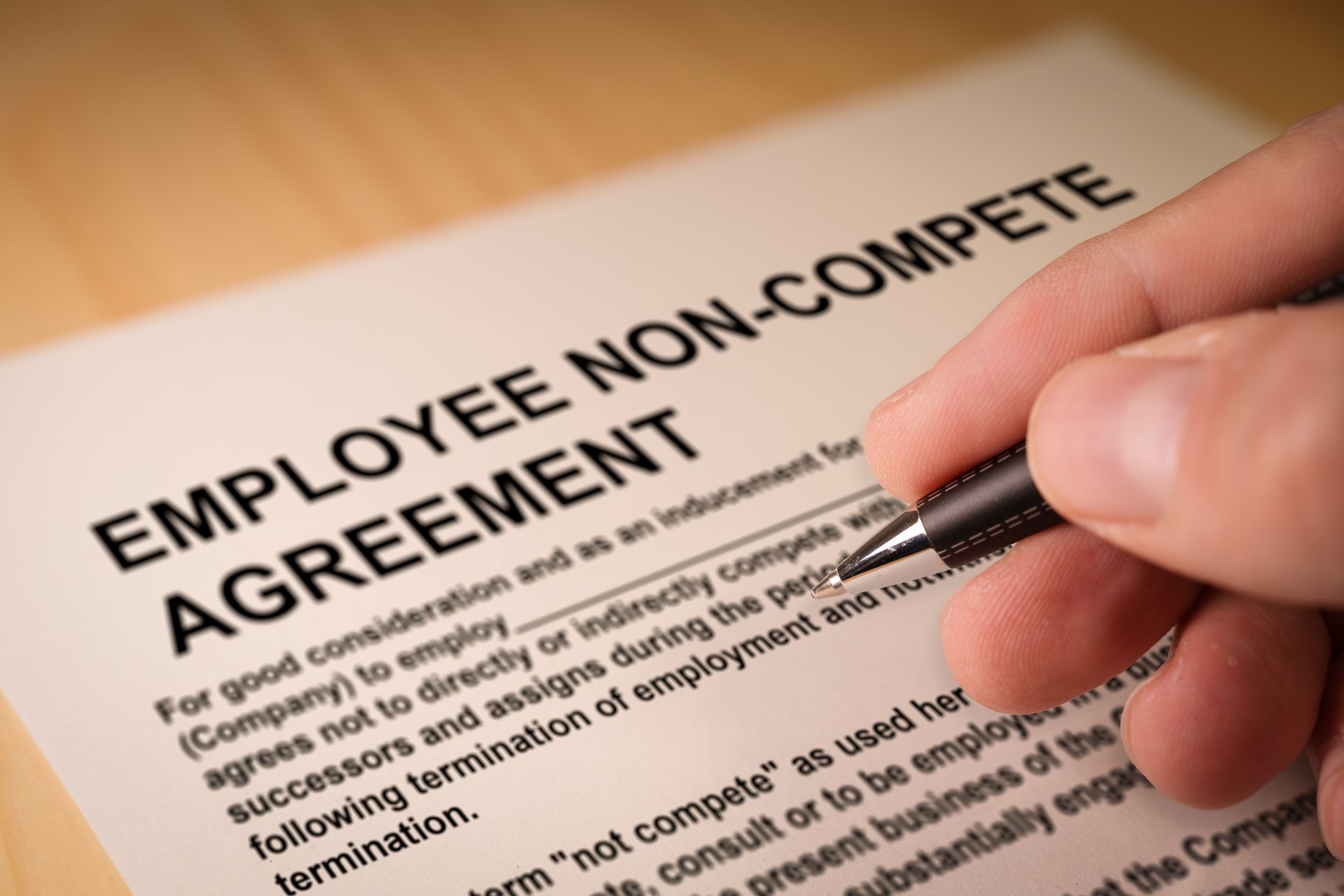
Whether it’s a major hospital in Minneapolis or a small clinic in northern Minnesota, medical negligence can happen anywhere. While Minnesota law holds all healthcare providers to the same legal standards, the way malpractice cases unfold can vary based on whether the incident occurred in a rural or urban setting.
The law does not distinguish between rural and urban healthcare when it comes to defining medical negligence. In every case, the plaintiff must prove that the provider failed to meet the accepted standard of care and that this failure caused injury. However, factors like access to care, availability of expert witnesses, local jury dynamics, and court procedures can make a difference in how these cases play out in practice.
The Legal Standard is the Same Statewide
Regardless of where a medical error occurs in Minnesota, the elements of a malpractice case remain consistent. Plaintiffs must prove that a duty of care existed, that the provider breached that duty, that the breach caused harm, and that damages resulted.
This legal test applies whether the case arises from a large urban hospital or a rural clinic. But in evaluating whether the provider’s conduct met the “reasonable care” standard, courts may consider the specific context in which the care was delivered, including the resources available to the provider at the time.
Expert Witnesses and Facility Limitations
Minnesota law typically requires expert testimony to explain what the standard of care should have been and how the provider deviated from it. In rural malpractice cases, this can present challenges.
Providers in rural areas often work without access to the same level of specialized equipment or on-site consultants that urban hospitals enjoy. While this doesn’t excuse poor care, it can influence how courts interpret whether a provider’s actions were reasonable under the circumstances. For example, a rural provider might not be expected to perform a test that isn’t locally available but may be held accountable for failing to refer the patient to a facility that could.
For plaintiffs, finding an expert willing to testify in rural cases may be more difficult. Local physicians may be hesitant to speak out against colleagues in smaller communities, making it necessary to retain experts from other parts of the state or country, potentially increasing the time and cost involved in building the case.
Access to Care and Diagnostic Delays
A common issue in rural medical malpractice claims involves delayed diagnoses. In many rural parts of Minnesota, residents may have limited access to specialists or diagnostic tools. Appointments may be harder to schedule, and patients may need to travel long distances for more advanced care.
Delays in treatment are often central to medical negligence claims, particularly for conditions like cancer, stroke, or heart disease. A plaintiff in a rural area may argue that the delay in diagnosis or referral caused their condition to worsen. The defense, on the other hand, may argue that the delay was due to logistical limitations rather than negligence.
In these cases, the court must determine whether the provider acted reasonably given the healthcare infrastructure available at the time. This is a complex issue that may depend heavily on expert opinions and case-specific details.
Jury Perception and Community Ties
Jurors bring their life experiences and community values into the courtroom, which can influence the outcome of a case. In rural areas, jurors may personally know the provider or institution being sued, or they may be more inclined to trust local doctors based on community standing.
This familiarity can impact how a jury interprets the evidence, especially in close cases. Jurors in urban areas, by contrast, often have no personal connection to the parties involved. They may also be more accustomed to questioning large hospital systems or have broader experiences navigating complex healthcare environments.
While judges take steps to ensure impartiality through voir dire and jury instructions, these local dynamics are an important consideration for attorneys preparing a case.
Venue Selection and Case Strategy
In some medical malpractice cases, the plaintiff has options when it comes to where the case is filed. If the healthcare provider operates in multiple counties, or if care was delivered across county lines, attorneys may be able to select the venue that offers a more favorable jury pool or faster court schedule.
In rural counties, courts may be less congested but meet less frequently, which can delay trial dates. Urban courts may process cases more quickly but also handle higher volumes, which can introduce scheduling conflicts or procedural delays. Venue selection is a strategic decision that can impact both the logistics and the potential outcome of a case.
The Legal Advice You Need for a Potential Malpractice Case in Minnesota
If you or a loved one has been injured due to suspected medical negligence in a rural area, understanding these nuances can help you prepare for what lies ahead. Working with an experienced attorney who understands both the legal requirements and the practical differences between rural and urban healthcare settings can potentially be important for your case outcome, even though Minnesota state law is consistent across all communities.
If you are in need of legal advice for a potential malpractice case, the Minnesota Lawyer Referral and Information Service (MNLRIS) is here to help you find a qualified attorney who can guide you through the process.
Call (612) 752-6699 or schedule a consultation today here on our website.




